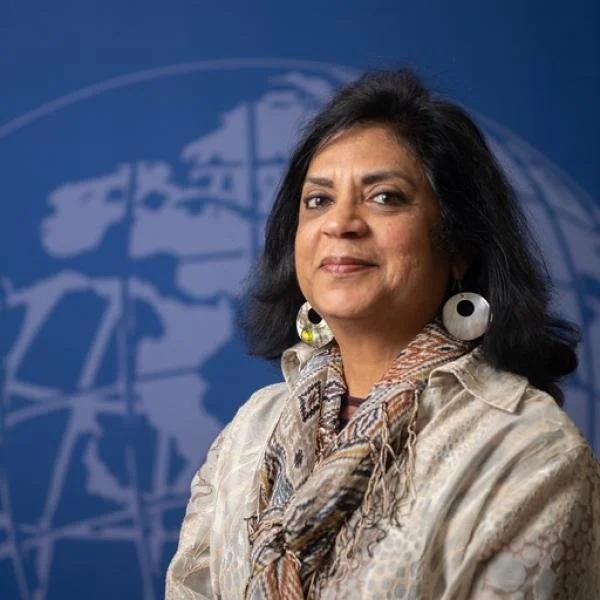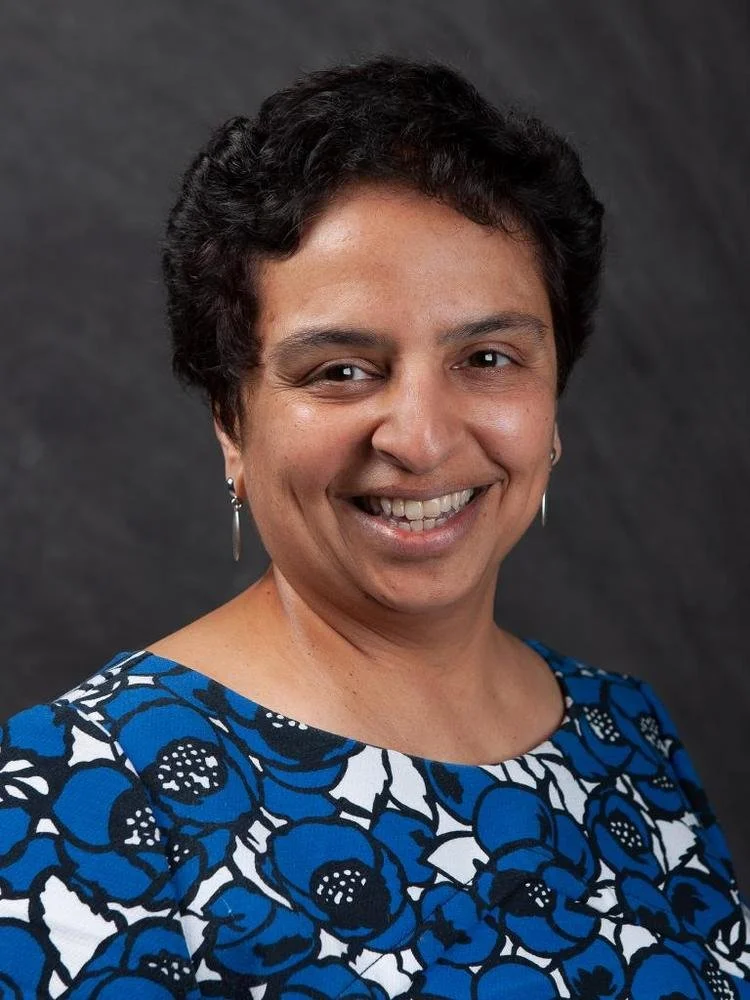
2024 Essay, Art, and Multimedia Contest
NOTE: SUBMISSIONS HAVE BEEN CLOSED
Attention all students in grades 6-12! Are you passionate about social change and have a talent for writing or art? We have an exciting opportunity for you!
Hindus for Human Rights and Dalit Solidarity Forum are hosting an art, essay, and multimedia contest on the topic of:
“As a South Asian, what traditions of peacemaking do you find inspiring?”
This is your chance to showcase your writing skills or artistic abilities by sharing your admiration for a South Asian peacemaking tradition that has inspired you and can be a role model for peace in our world today. The winning essays will be published by our media partners, providing you with a platform to amplify your voice and share your message with a wider audience.
South Asia and its diaspora, with its rich tapestry of cultures, histories, and traditions, has witnessed both turmoil and tranquility throughout the ages. In the midst of this diversity, there exist profound traditions of peacemaking that have inspired generations to strive for harmony, justice, and democracy.
We invite you to delve into this theme and express your reflections through art or essay or a multimedia project. Whether through brush strokes on canvas or the written word, we encourage you to draw inspiration from any aspect of South Asian or South Asian diaspora history, literature, poetry, peace activists, or movements that resonate with your understanding of peace and peacemaking.
So, what are you waiting for? Put your creative talents to the test and submit your entries for a chance to be published and recognized for your work. This contest is a call to action for all passionate and socially conscious students. Don't miss out on this once-in-a-lifetime opportunity to have your work published and make a positive change in the world!
Prompt
"As a South Asian, what traditions of peacemaking do you find inspiring?”
Violence and conflict have long been a part of South Asian and South Asian diaspora history, literature, and storytelling, but so have different versions of peacemaking. Feel free to take inspiration from any South Asian history, literature, poetry, peace activists, or peace movements that focus on concepts or ways to address peace, justice, and democracy.
Tell us more about your choice of inspiration. Why are you personally inspired by that vision? What does that unique vision of peace and justice offer to the rest of the world?
Deadline: 12 pm EST on Tuesday, August 20
Prize: $1,000 for winners, $500 and $250 for runner-ups
ELIGIBILITY:
We welcome submissions from students in grades 6-12 who identify as belonging to the South Asian heritage living outside of South Asia (South Asian diaspora). Students from all religious backgrounds are welcome. We invite students whose identities intersect in meaningful ways with Afghanistan, Bangladesh, Bhutan, India, the Maldives, Nepal, Pakistan, or Sri Lanka. This includes members of the diaspora whose families hail from the Caribbean, Fiji, Singapore or Malaysia, or countries in Africa, for example, as well as students who identify as multi-racial.
ESSAY/POETRY/PROSE FORMAT:
ESSAY
700 words minimum; 1,000 words maximum
Microsoft Word (.docx) document; double-spaced, 12 pt. Times New Roman font
No personal identification information may be in the body of the essay
Citations, if any, must be placed in the end, and will not be part of the word count
POETRY/PROSECollection of 3-5 poems
No personal identification information may be in the body of the essay
Citations, if any, must be placed in the end, and will not be part of the word count
ARTWORK FORMAT
Artwork can take numerous formats to include:
Comic Strips/Cartooning
Zines
Visual Arts such as painting, drawing, collage, graphic art, etc.
If you produce physical art please include a high-resolution photograph of your artwork.
Please include an artist statement of up to 300 words.
MULTIMEDIA FORMATInclude social media accounts, video essays, audio work such as podcasts, animated short videos, etc
Email info@hindusforhumanrights.org if you have a format that you are unsure of.
Any video/audio content must be under 15 minutes or represented by a 15 minute excerpt
Please submit all videos as a Google Drive link
JUDGING PROCESS
Essay and art submissions will be grouped and judged based on grade level (middle school and high school). Jurors will not be able to see the names of contestants.
GROUNDS FOR DISQUALIFICATION
All submissions must be original and unique to this competition. Please do not submit work that you have submitted elsewhere. Additionally, providing false information, missing the submission deadline, not complying with the submittal format and word count will disqualify your entry.
PERMISSION TO USE YOUR ESSAYS, ARTWORK, NAMES, AND PHOTOGRAPHS
Contestants may be asked to submit a release allowing the sponsors to publish your essay and/or artwork in print publications and on public websites. In addition, you may be asked to authorize use of your photograph in contest-related promotional materials.
AI POLICY
We recognize that AI generating tools have become a more prominent part of creative processes and may or may not be part of one's artistic process. This contest aims to promote originality and creativity for the students applying. We ask that students disclose how and why they are using AI in any of their work.
PANEL OF JUDGES
-

Aswin Purnathambekar, University of Pennsylvania
Dr. Aswin Punathambekar is a Professor of Communication at the University of Pennsylvania’s Annenberg School for Communication, and Director of the Center for Advanced Research in Global Communication (CARGC). He is the author of several articles, books, and anthologies including From Bombay to Bollywood: The Making of a Global Media Industry (2013), Television at Large in South Asia (2014), Global Digital Cultures: Perspectives from South Asia (2019), and Media Industry Studies (2020). Punathambekar is an editor of the peer-reviewed journal Media, Culture and Society and co-editor, alongside Jonathan Gray and Adrienne Shaw, of the Critical Cultural Communication series at NYU Press. He serves on the editorial boards of several other journals including the International Journal of Cultural Studies, Journal of Cinema and Media Studies, and BioScope: South Asian Screen Studies. He also serves as a Juror for the Peabody Awards in the U.S.
-

Shobha S. Rajagopal, Westfield State University
Dr. Shoba Sharad Rajgopal is one of the founders of the Department of Ethnic & Gender Studies at Westfield State University in Westfield, Massachusetts, where she teaches courses on Gender, Race, and Sexuality. She is the recipient of her campus Research Scholar of the Year, 2023. Her research and teaching areas are in postcolonial and transnational feminist theories, South Asian cinema, and globalization, religion, and gender conflicts. She has recently been elected President of the South Asian Feminist Caucus of the National Women's Studies Association (NWSA), USA.
Dr. Rajgopal's areas of research are South Asians and Racial Justice in the homeland as well as the diaspora. Her doctorate is in Media Studies from the University of Colorado, Boulder, from where she also earned the Interdisciplinary Graduate Diploma in Women and Gender Studies.
Prior to her arrival in the United States, she worked for seven years as a broadcast journalist for the Indian TV network Doordarshan based in Bombay (Mumbai), India, and has also done in-depth news reports for CNN International and other Indian TV channels such as Times TV and Zee TV. Her journalistic work focused on the struggles of women and indigenous people in the postcolonial nation-state. Her work has been published widely, in academic journals as well as newspapers and magazines in both India and the U.S.
-

Pranav Jani, Ohio State University
Dr. Pranav Jani is Associate Professor of English with a focus in postcolonial studies and critical ethnic studies. As director of the Asian American Studies (AAS) at Ohio State, part of the Center for Ethnic Studies (CES), Dr. Jani runs the minor in AAS and other programming. Dr. Jani’s research and teaching interests focus on the literatures, cultures and history of colonized and formerly colonized people (including Africa, Asia, the Caribbean, the Middle East and Ireland) and people of color in the United States. In particular, Dr. Jani specializes in South Asia and the South Asian diaspora, Marxist theories of nationalism and colonialism, and the intertwined legacies of colonialism, settler colonialism and slavery.
-

Anu Vedantham, Princeton University
Anu Vedantham is an Assistant University Librarian in the Data Research and Teaching Services Division at the Princeton University Library. She conducts outreach and provides instruction and research consultations, collaborating with colleagues in several library units. She is active in several research communities.
-

Karthik Nair
Kartik Nair is Assistant Professor of Film and Media Arts at Temple University. His book, Seeing Things, explores material infrastructures of film production, censorship, and circulation by examining their spectral traces in Indian horror films of the 1980s. He is a core editor of Bioscope: South Asian Screen Studies. His research interests include cinematic infrastructures, genre cinemas, and visual space in film.
-

Vaishnavi Patel
Vaishnavi Patel is a lawyer focusing on constitutional law and civil rights. She likes to write at the intersection of Indian myth, feminism, and anti-colonialism. She is the author of the New York Times bestselling novel Kaikeyi. Vaishnavi grew up in and around Chicago, and in her spare time, enjoys activities that are almost stereotypically Midwestern: knitting, ice skating, drinking hot chocolate, and making hotdish.
-

Vimal Kumar
ART JUDGE
Vimal Kumar (b. 1993) is a multidisciplinary Singaporean artist and researcher with an interest in the visual aspect of storytelling, often delving into narratives of the unseen. His works explore themes related to culture, heritage, spirituality, and ecology. Vimal's research interests being rooted in Hinduism, plays a vital role in his art making as well. He has been part of several art exhibitions since 2018, and has been featured on publications such as Time Out (SG). Vimal recently graduated with a Master in Art Research at Nanyang Technological University’s School of Art, Design and Media, having written a thesis on the images of goddess Mariamman in Singapore.
-

Seema Shakti
ART JUDGE
Seema Shakti is a NYC-born, bred and based Curator, Visual Artist and Educator.
As a Visual Artist, Seema explores the intersection of women, nature and spirituality in her work. Her Indo-Caribbean and South Asian heritage have a significant influence on the themes she explores, rooting her art practice in her ancestry. Seema currently serves as a Visual Voices Curator at Jamaica Center for Arts & Learning in Queens and amplifies local BIPOC creatives through her exhibitions. Outside of the arts, Seema works full-time in the nonprofit sector within the youth development field.



